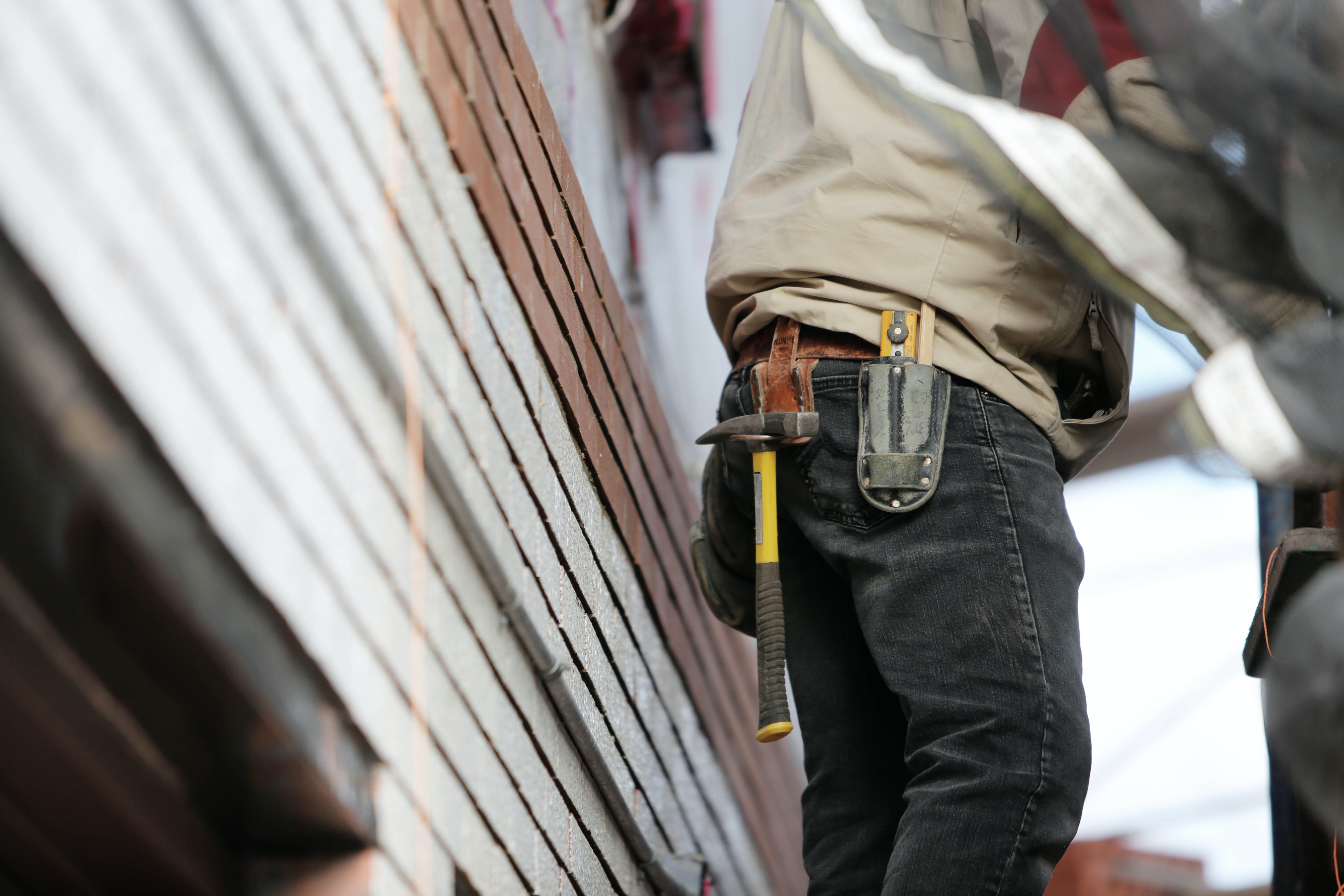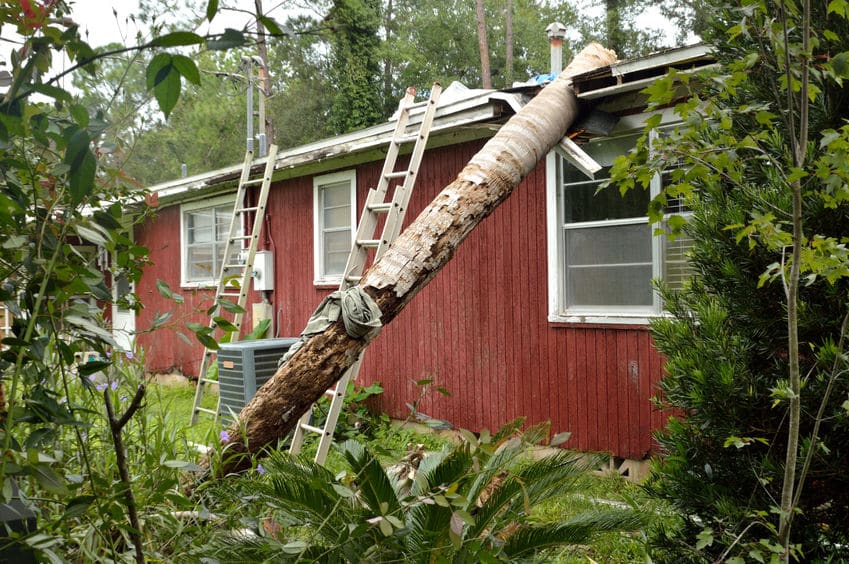
Who Is Responsible If Your Contractor Damages Your Home?
You had a contractor in to do some work, and they started a small fire which damaged your basement. Or they did more harm than good while fixing the problem.
Professional contractors seldom cause damage, but accidents do happen.
So, who is responsible for the damage? Ideally, the answer is: They are. However, if the damage happened to happen while they were working, but was caused by your negligence or a natural disaster, then you are the one responsible for the damage.
Contractors Must Be Insured
A licensed contractor must be insured and may also be bonded. This means that they are required to have liability insurance. This does mean you need to be careful when you hire the contractor in the first place. Avoid hiring a friend as a handyman unless it’s for a very simple job like assembling furniture, replacing a door handle, etc.
When you hire your contractor, ask them for their insurance details right away, including the insurance policy number for their liability insurance and the amount they carry. Make sure it meets or exceeds state limits. If in doubt, contact your local building department or consumer protection agency to double check that the contractor is licensed. It’s a good idea to get and check references, too.
This means that in most cases, the damage will be covered by their liability insurance.
So, the first thing you should do is talk to the contractor.
How To Handle the Claim
In some cases, the damage may be relatively minor. In this case, any reputable contractor will likely agree to fix the damage free of charge. A really good contractor will fix it without being asked.
Always talk to the contractor before filing a claim with their insurance. Depending on their deductible, claims history, etc, they may prefer to reimburse you for minor damage out-of-pocket rather than see their premiums go up. It’s up to you whether to take this option, but if the sum being offered is reasonable and your relationship with them is good.
If not, they will generally file the claim themselves with their insurer. Make sure to provide them with all the documentation they need to do so, such as the value of damaged goods, photos you might have that could be helpful, etc. If your contractor’s insurance company is making difficulty about paying up, but you have a good relationship with them, you may be able to help them out.
What If Your Contractor Doesn’t Have Insurance?
If your contractor does not have insurance, they may or may not be willing (or able) to cover the damages out of pocket. Again, licensed contractors are required to carry insurance, so the best way to stay out of this situation is to hire the right contractor in the first place.
You may have to take them to court to recoup the money, and even then there is no guarantee. Always make sure that any contractor you hire has liability insurance. In some cases, as explained below, you might be able to make a claim on your own homeowners’ insurance.
What If Your Contractor Denies Responsibility?
If you feel it is their fault (sometimes it legitimately isn’t), then you may have to take them and/or their insurance company to court. Although many of these cases end up in small claims where you don’t technically need a lawyer, it’s a very good idea to engage one anyway.
You can also contact their insurance company directly (this is another reason why you get their insurance details from them before they start work). Yes, you can file a claim against somebody else’s insurance. It’s a good idea to contact an attorney before doing this to make sure you get everything right and to get their help with the claim. Some carriers will act on this, others may wait until you actually sue their insured.
Where Does My Homeowners’ Insurance Come In?
Homeowners’ insurance generally does cover damage related to renovations. Make sure to check your policy document to find out what might be excluded.
Before starting work, contact your insurance company and tell them what work you are getting done. You may need to update your policy, especially if your renovations increase the value of your home. Also, they may want to see a copy of your contractor’s insurance certificate.
Homeowners’ insurance, however, does not cover poor workmanship. Essentially, if your contractor cuts into a pipe and floods your basement, the water damage will be covered. If one of your contractor’s employees steals jewelry from the bedroom, that would also be covered. If you need to have the work done over, however, your insurance will not cover you; this is emphatically the contractor’s responsibility. Also, your home insurer may pay for the claim and then go after your contractor’s insurance company for recovery, something called subrogation.
It is generally better to get the contractors’ insurance to pay for the damage if possible, however, in order to preserve your claims history. But your homeowners’ insurance can help with genuine accidental damage.
What About Damage to Somebody Else’s Property?
So, the landscaper you hired screws up cutting down a tree and it falls on your neighbor’s fence…and their BMW. In this case, the contractor is definitely responsible, and you are not. You should provide your neighbor with the contractor’s insurance details, just in case. This can be a particular issue if you live in a condominium. (In this case, as a note, your COA may also want to know which contractor you are using and see their insurance. However, they may also be able to make recommendations).
If you are having renovations done and the contractor does damage to your property, in most cases this should be covered by their general liability insurance. However, some issues may result in a claim against your homeowners’ insurance. Limit your risk by always hiring a licensed contractor and asking to see their insurance policy details before they start work. To find out more about how contractors insure themselves, or about commercial insurance in general, contact Harris Insurance today.




